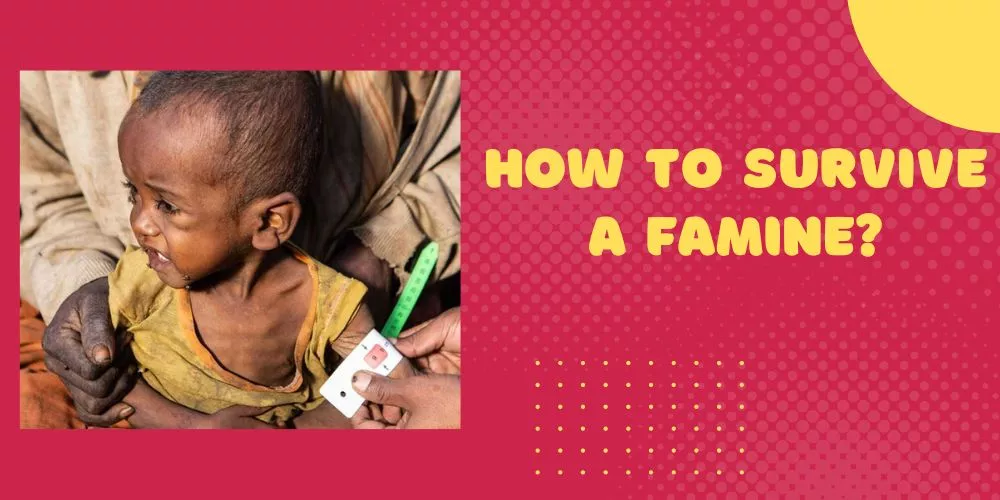In a world that seems increasingly unpredictable and crisis-prone, being prepared is more vital than ever.
A critical aspect of preparation is stocking high-quality survival food that does not expire.
Within this article, we dive into the world of non-perishable food items – from canned goods to dried lentils and beyond – that can withstand time and environmental conditions, ensuring your sustainability during an emergent situation.
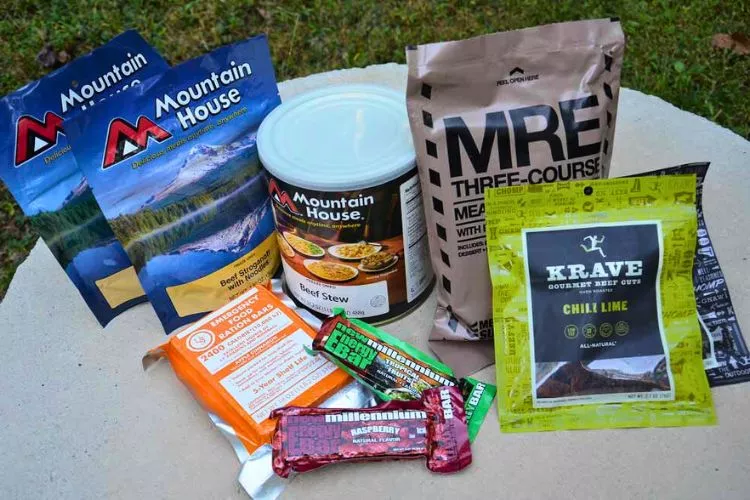
This guide serves as a lifesaving resource for those seeking to bolster their disaster preparedness plans with nutritionally balanced, indefinitely lasting foods. Survival may sometimes be a matter of what’s in your pantry.
14 Survival food that does not expire (A List To Bookmark Now)
Here is a detailed list of survival food that does not expire:
- Canned Goods: Foods like canned meat, vegetables, fruits, and soups can last for years.
- Dried Lentils & Beans: These have a long shelf life and are great sources of protein.
- White Rice: Stored properly, white rice can last for 10-30 years.
- Hardtack: This type of cracker can last for years due to its low water and fat content.
- Powdered Milk: When stored properly, powdered milk can last more than a decade.
- Honey: Known for its indefinite shelf life, honey is an excellent sweetener that doesn’t expire.
- Cereals: Whole grain dry cereals can be stored for a long period if kept in airtight containers.
- Salt: Needed for taste and as a preservative, salt does not expire.
- Instant Coffee & Tea: These beverages will last indefinitely if kept dry.
- Ramen Noodles: Their dried form makes them last a long time.
- Powdered Eggs: These provide essential proteins and can be stored for up to 10 years.
- Canned Tuna, Chicken or Turkey: High-protein sources like these can last up to 5 years in cans.
- Pasta: Dry pasta will keep for many years when stored in a cool, dry place.
- Peanut Butter: In a sealed jar, peanut butter can last up to 5 years.
Remember, proper storage is crucial to extend the longevity of these foods. It’s recommended to keep them in a cool, dry, and dark place, and in airtight containers whenever possible.
Canned food with no expiration date
While all canned foods have an expiration date, many can last significantly beyond that “best by” or “best before” date if stored properly. However, it is essential to inspect canned goods for visible spoilage, bulging, or bad smells.
Here is a list of canned foods known to have a long shelf life:
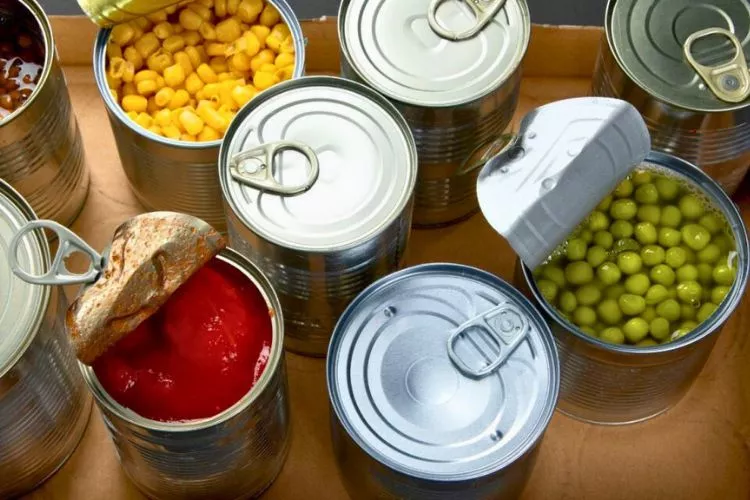
- Canned Vegetables: Corn, green beans, peas, carrots, and mixed vegetables tend to last several years past their expiration dates.
- Canned Fruits: Applesauce, peaches, pears, fruit cocktail, and pineapple have a long shelf life.
- Canned Meat & Poultry: Chicken, turkey, ham, beef, and Spam can remain stable for a long time.
- Canned Fish: Tuna, salmon, sardines, and mackerel are proteins with a good shelf life.
- Canned Soups: Hearty soups, like lentil, minestrone, and chicken noodle, last well beyond their expiration dates.
- Canned Beans & Legumes: Kidney beans, black beans, garbanzo beans, and lentils have a long storage life.
- Canned Coconut Milk: The shelf-stable nature of canned coconut milk makes it an excellent addition to your pantry.
- Canned Tomato Products: Whole or diced tomatoes, tomato sauces, and tomato paste can maintain their quality well beyond the date listed on the can.
- Canned Chili: Cans of chili retain their flavor and nutrients for an extended period.
Although these canned foods may last beyond their given expiration dates, it is essential to check each can for signs of spoilage and bulging lids before consumption.
20 foods to stockpile that never expire
When it comes to survival predicaments, having a well-stocked pantry of foods that don’t expire can make all the difference. Here are 20 foods that, when stored correctly, have an indefinite shelf life:
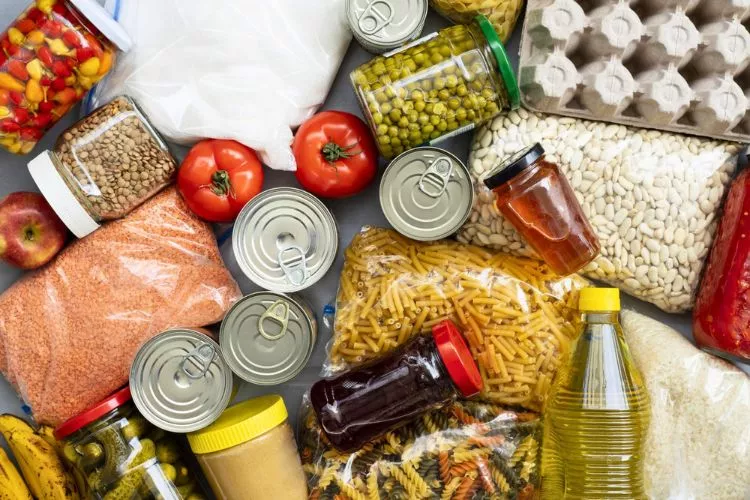
- Honey: Known for its antibacterial and health-boosting properties, honey lasts indefinitely due to low moisture content and acidic pH.
- White Rice: The absence of the outer bran and germ in white rice allows it to last for up to 30 years when stored properly.
- Vinegar: Acidity gives vinegar an indefinite shelf life and it can be used for cooking, cleaning, and preserving other foods.
- Pure Maple Syrup: Like honey, maple syrup can last indefinitely if stored correctly, providing natural sweetness.
- Salt: Used for flavor and preservation, salt has an infinite shelf life and is essential in many recipes.
- Whole Wheat Grains: Can last forever when stored in an airtight container in a cool, dark place.
- Dried Beans: When kept in airtight containers in a cool, dark, and dry location, dried beans can last up to 30 years.
- Dried Lentils: Lentils are a great source of plant-based protein and fiber, they can last indefinitely when stored properly.
- Corn Starch: An essential ingredient for thickening foods, corn starch can last indefinitely if kept dry.
- Sugar: Kept in a cool, dry environment, sugar can last indefinitely, useful as a sweetener and in baking.
- Instant Coffee: Freeze-dried instant coffee has an indefinite shelf life when unopened and stored properly.
- Powdered Milk: An excellent source of calcium and vitamin D, powdered milk can last up to 20 years if stored correctly.
- Hard Liquor: Hard liquors such as vodka, rum, and whiskey have an indefinite shelf life and many possible uses.
- Coconut Oil: When stored in a cool, dark place, coconut oil can last indefinitely thanks to its high saturated fat content.
- Cocoa Powder: Useful for baking and hot drinks, cocoa powder lasts indefinitely when stored in a cool, dark, and dry place.
- Dried Pasta: Low moisture content means that dried pasta can last for years when stored properly.
- Canned Goods: Foods like canned vegetables, fruits, and beans can last up to 5 years or more.
- Ramen Noodles: These dried noodles are easy to prepare and can last a long time.
- Tea: Both loose leaf and bagged tea can last indefinitely when stored in a dark, dry, and cool environment.
- Bouillon Cubes: Ideal for flavoring soups and stews, bouillon cubes can last indefinitely when stored in a cool, dry place.
Remember, proper storage is key. Many of these foods need to be kept in cool, dark, and dry places to maintain their longevity. Always check for signs of spoilage before consuming.
How do you preserve food for 20 years?
Preserving food long-term requires careful preparation and storage methods. Here’s a detailed guide on how you might preserve food for up to 20 years:
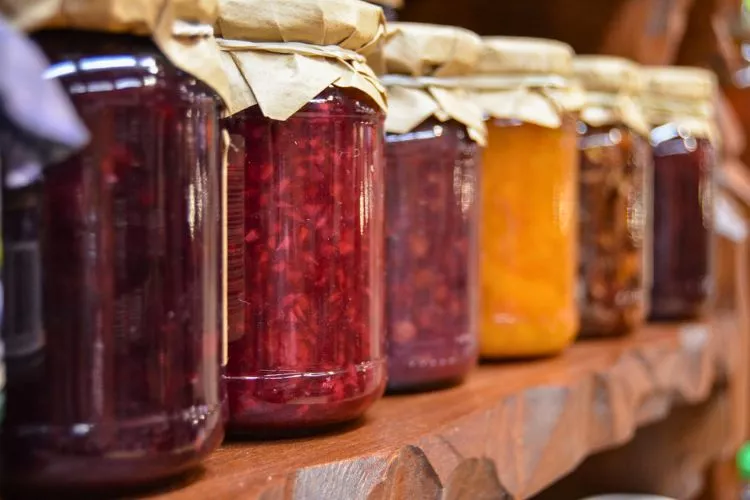
- Select the Right Foods: Not all foods are suitable for long-term storage. Choose foods that have a naturally long shelf life. These include certain types of grains (like wheat, rice), dried beans, powdered milk, and honey.
- Use Proper Packaging: Packaging plays a crucial role in long-term food storage. The main goal is to protect it from air and moisture:
- Mylar Bags: Mylar bags are made from a metal-like material which is excellent at keeping out light, moisture and insects. They are used along with oxygen absorbers to store food.
- Food-grade Buckets: These can be used to store large quantities of grains or beans. Make sure the bucket has a rubber gasket in the lid for an airtight seal.
- #10 Cans: Used commercially, they can be also used for home food storage. These must be sealed with a can sealer.
- Use Oxygen Absorbers: Oxygen absorbers help remove oxygen from the sealed food packages, preventing the growth of aerobic pathogens and spoilage organisms, including molds.
- Applying Heat: Canning is one method that involves heat treatment to kill microorganisms, though it might not be effective in all cases for 20-year storage. This method is typically used for fruits, vegetables, and meats.
- Dehydration: Drying out foods is a classic preservation technique and is great for fruits, vegetables and meats. Make sure foods are 95% or more dehydrated for best results, since moisture can lead to spoilage.
- Store in a Cool, Dry, Dark Place: Heat, light, and moisture are the enemies of long-term food preservation. Store your food where temperatures are stable and cool, away from light.
Note: Always label and date your food storage. This way, you know exactly when it was preserved and can rotate your food storage effectively.
Consuming these long-term stored foods after 20 years can depend on the quality of the original food, the type of packaging, and the storage conditions.
Frequently Asked Questions (FAQs)
1. What is the longest lasting survival food?

Honey is often considered the longest lasting survival food. Archaeologists have found pots of honey in ancient Egyptian tombs that are over 3000 years old and still perfectly edible. This is due to its extremely low moisture content and acidic pH, which makes an inhospitable environment for bacteria and microorganisms. However, proper storage is critical to maintaining its quality and edibility.
2. Is there a food that doesn’t expire?
Various foods are known to have an indefinite shelf life if stored properly. Among them, salt, sugar, dried rice, and honey stand out. These foods can last indefinitely because they do not support bacterial growth and have properties that help them withstand the test of time. However, these products may lose their freshness and taste over an extended period.
3. What food has unlimited shelf life?
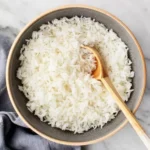
Honey, salt, sugar, and white rice have the longest shelf life. Honey can remain stable for centuries if kept in an airtight container. Salt and sugar also have an unlimited shelf life due to their inability to support the growth of microorganisms. White rice, when well-sealed and kept away from pests and moisture, can last for 10 to 30 years.
4. What is the best non perishable food for emergency?
Canned goods are some of the best non perishable foods for emergencies due to their long shelf life, and they come in a wide array. This includes canned fruits, vegetables, meat, and fish. Dried and dehydrated foods are also reliable, including pasta, rice, beans, and powdered milk. These foods are calorie-dense, easy to prepare, and can provide necessary nutrients during crises when access to fresh food might be limited.
5. What single food can you survive on the longest?
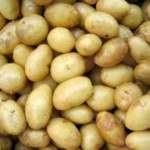
Potatoes are often considered the single food a person can survive on for a long time without adding anything else to the diet. They provide a wide set of nutrients like fiber, vitamins, and necessary minerals; however, they are deficient in Vitamin A, B12, and E. While potatoes can theoretically keep a person alive for a significant time, a varied diet is still essential for overall health.
Conclusion:
Planning and preparing a stockpile of survival food that doesn’t expire is a wise strategy to ensure self-sustainability in times of crisis.
Whole foods such as honey, salt, sugar, and white rice boast an impressive shelf life, other staples like canned goods, dried beans, and dehydrated vegetables also offer essential nutrients.
Remember that proper storage is crucial in preserving these foods’ longevity and effectiveness. Preparing for the unexpected by having long-lasting food options on hand not only provides security but also gives us peace of mind in an ever-changing world.

